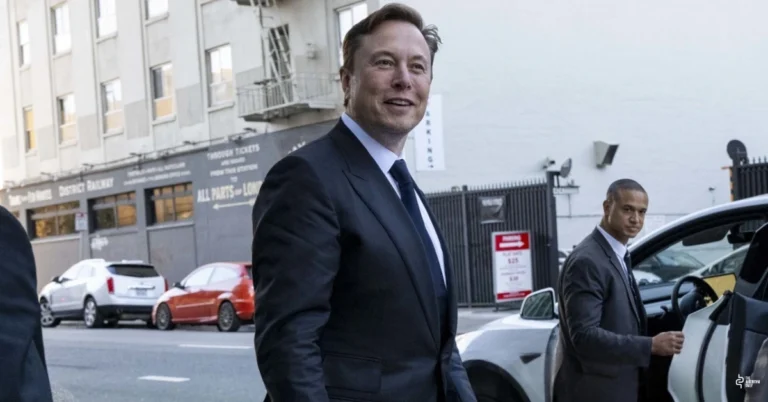At McKinsey & Co., generative artificial intelligence (AI) is becoming an integral part of the daily work routine, especially for junior employees. The company’s proprietary AI platform, Lilli, is transforming how consultants draft proposals and create PowerPoint presentations. Lilli, which aggregates McKinsey’s extensive knowledge base, has evolved since its launch in 2023 to the point where it can now take over tasks traditionally handled by business analysts. According to Kate Smaje, McKinsey’s global leader for technology and AI, over 75% of employees use Lilli regularly, with the platform being viewed as an essential team member.
The platform is not just a tool for internal efficiency; it helps consultants by streamlining time-consuming tasks, allowing them to focus on more value-added activities for clients. Smaje expressed that while the technology reduces the need for large teams of business analysts to create PowerPoint slides and proposals, it’s not about reducing headcount. Rather, it enables employees to work on higher-value projects, offering clients more insightful and strategic solutions.
McKinsey’s adoption of AI is part of a broader trend among top consulting firms to leverage technology in reshaping their operations. Bain & Co. uses Sage, a proprietary AI chat platform powered by OpenAI, while PwC’s Strategy& unit employs Microsoft Copilot. Boston Consulting Group (BCG) has also embraced AI in its advisory services, with AI-related consultancy now accounting for 20% of its total revenue.
McKinsey’s AI ecosystem extends beyond Lilli and includes partnerships with notable AI players, such as Anthropic, Cohere, and Mistral AI. As these partnerships grow, McKinsey aims to leverage AI across various sectors to provide more cutting-edge solutions. Despite a reduction in staff from 45,000 to 40,000 employees since the end of 2023, McKinsey’s AI initiatives continue to expand, enabling its workforce to focus on strategic, client-facing tasks while AI handles more routine work.
AI is quickly becoming a key element in McKinsey’s operations, not just for automating routine tasks but also for shaping the future of consulting. By integrating AI into its workflow, McKinsey remains ahead of the competition, offering more efficient and effective solutions to its clients, with a keen focus on value-driven outcomes.




